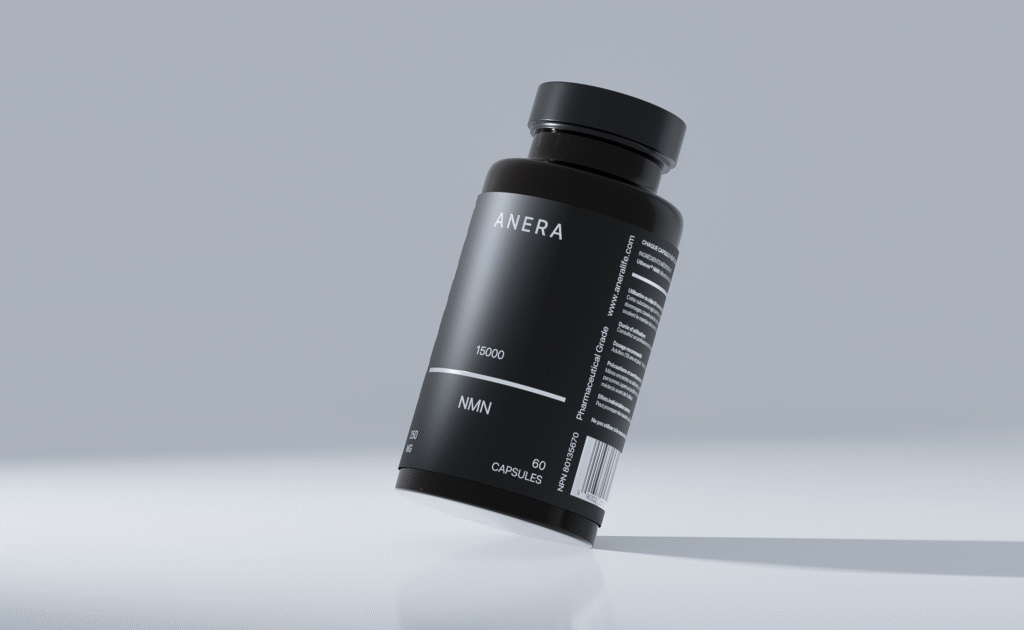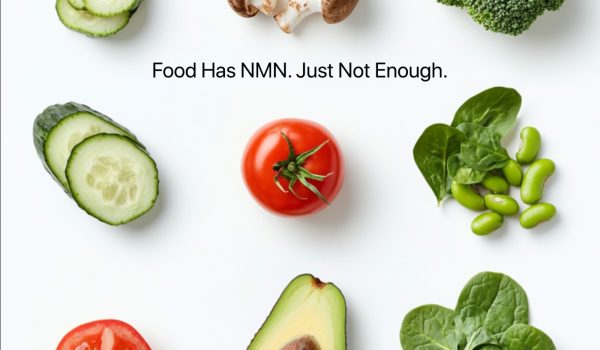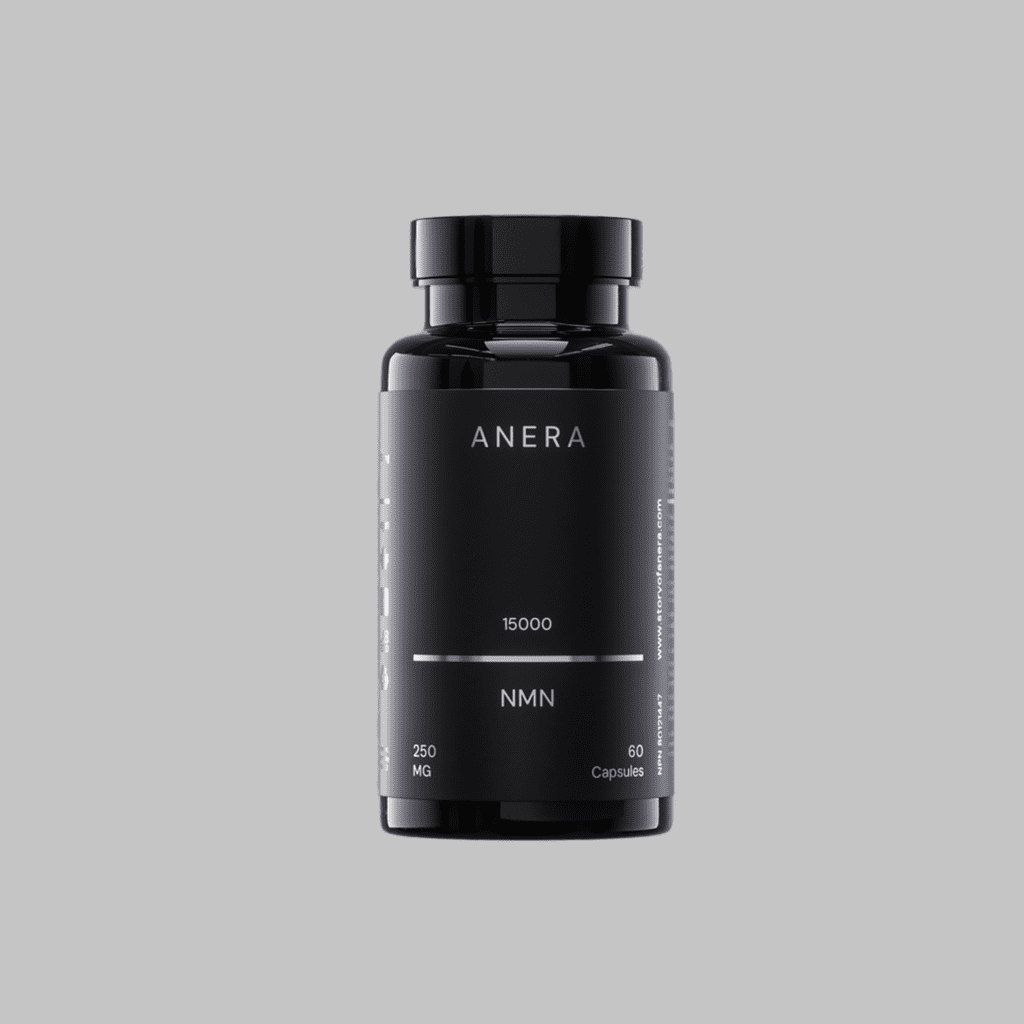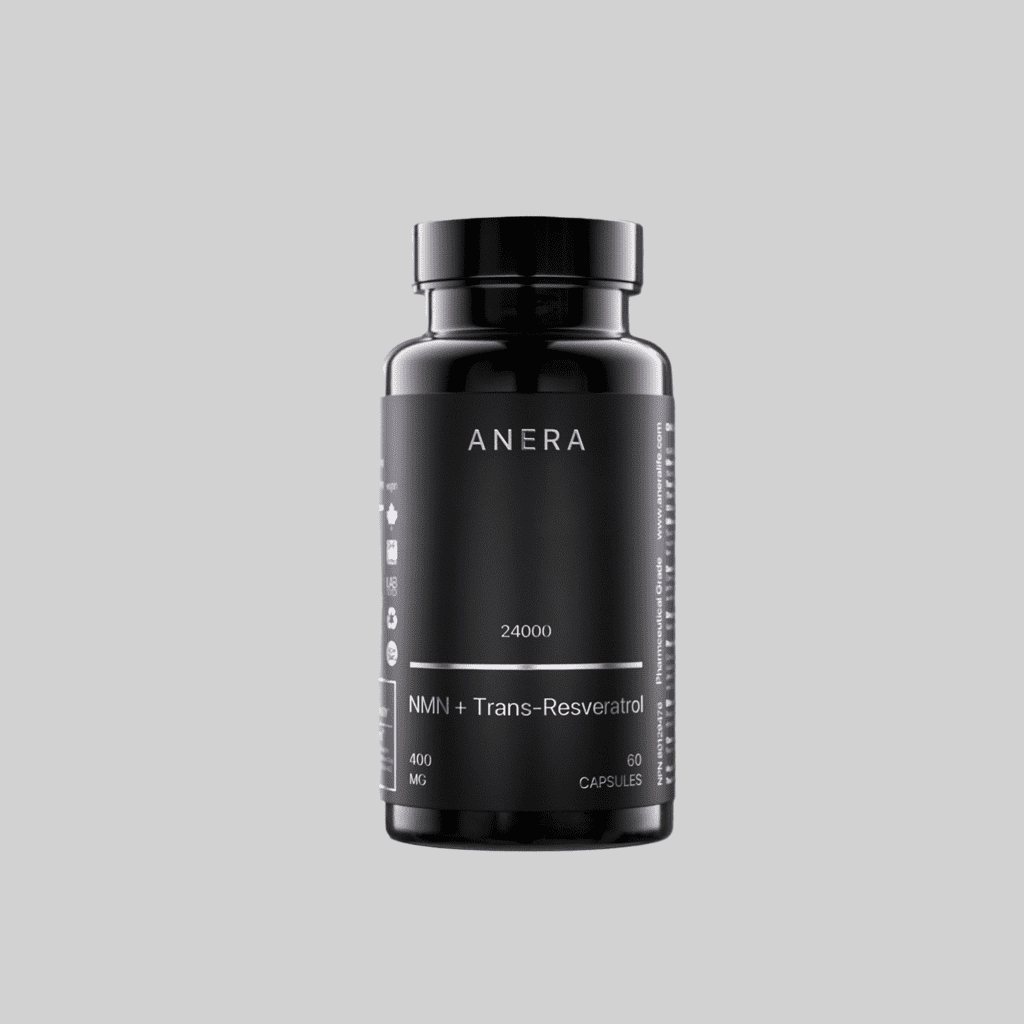NMN (nicotinamide mononucleotide) has become one of the most talked-about supplements in the health and wellness world, especially for those focused on anti-aging, cellular energy, and overall vitality. As a direct precursor to NAD⁺ (nicotinamide adenine dinucleotide), NMN plays a critical role in cellular functions like DNA repair, energy production, and healthy aging.
With the rise of NMN supplements, many health-conscious individuals ask the same question: Can we get enough NMN naturally through food, or are supplements the only reliable source?
In this article, we’ll explore whether it’s realistic to rely on diet alone, compare natural food sources to supplement forms, and help you make an informed decision on the best way to support your health goals.
What Is NMN and Why Does It Matter?
NMN (nicotinamide mononucleotide) is a molecule naturally produced in our bodies and found in small amounts in some foods. It’s a direct precursor to NAD⁺, a coenzyme essential for hundreds of cellular processes including:
- Energy metabolism
- DNA repair
- Mitochondrial health
- Anti-aging mechanisms
However, NAD⁺ levels decline with age, stress, and poor lifestyle habits, which may contribute to fatigue, inflammation, and signs of aging.
This decline has led researchers and fitness enthusiasts alike to explore ways to boost NAD⁺ levels, and NMN is one of the most promising solutions available today.
Which Foods Contain NMN Naturally?
While NMN does occur naturally in food, the quantities are very small. Here’s a breakdown of common dietary sources and their approximate NMN content per 100g:
| Food Item | Approx. NMN Content (mg/100g) |
| Edamame | 0.5 – 1.9 mg |
| Avocado | 0.36 – 1.6 mg |
| Broccoli | 0.25 – 1.12 mg |
| Cabbage | ~0.2 – 0.9 mg |
| Cucumber | ~0.1 – 0.5 mg |
| Tomato | ~0.15 – 0.6 mg |
| Mushrooms | ~0.1 – 0.4 mg |
| Raw Beef | ~0.06 – 0.3 mg |
These values can vary depending on freshness, soil quality, and food preparation methods. Still, it’s clear the concentrations are nutritionally insignificant if you’re aiming for therapeutic doses.
Pro Tip: Including these foods in your diet is still beneficial for their fiber, vitamins, and antioxidants, but don’t expect them to replace NMN supplements.
Can You Reach Research-Level NMN Intake from Food?
Here’s where it gets real. Human clinical studies on NMN typically use daily doses between 250 mg and 1,200 mg.
Let’s do the math:
- To reach just 250 mg of NMN, you’d need to eat approximately 25 kg of edamame per day.
- Even at the highest estimates, you’d need dozens of kilos of food to match therapeutic NMN levels.
This is not only unrealistic but also physiologically unsustainable.
Conclusion: While it’s great to consume NAD⁺ boosting foods, natural sources of NMN simply cannot deliver research-level doses.
Food vs Supplements: Which Is Better for NMN Intake?
Limitations of Food:
- Low concentration of NMN per gram
- Requires huge volumes to be effective
- Inconsistent levels depending on growing conditions
- Fast metabolism and breakdown of NMN from food
Benefits of Supplements:
- Precisely measured dosages (250–1,200 mg)
- Clinically studied absorption and bioavailability
- Consistent quality across batches
- Easy to integrate into your daily routine
NMN supplements are often formulated for sublingual or time-release delivery to improve absorption and effectiveness, which food cannot offer.
Bottom line: If you’re aiming for anti-aging, energy-boosting, or metabolic benefits, supplements are the only practical way to achieve therapeutic NMN intake.
How Do Human Studies Inform NMN Dosage & Safety?
Several clinical trials have explored NMN’s effectiveness and safety in humans. Here’s what they found:
- Doses between 250–1,200 mg per day were well tolerated
- Some studies showed improved insulin sensitivity, increased energy metabolism, and better endurance
- No serious adverse effects have been reported in short-term studies
Important Note: While NMN supplements appear safe in the short term, long-term effects are still under investigation. Always consult with a healthcare expert before you begin.
Practical Tips: Supporting NAD⁺ Naturally
Even if food alone can’t provide therapeutic NMN levels, there are ways to support NAD⁺ production naturally:
Include NMN-rich foods in your daily meals:
- Edamame, avocado, broccoli, cabbage, cucumber, and mushrooms
Pair with NAD⁺ cofactors like:
- Vitamin B3 (Niacin) – found in tuna, peanuts, and chicken
- Antioxidants – from colorful fruits and green tea
- Polyphenols – such as resveratrol in red grapes
Adopt healthy lifestyle habits:
- Exercise regularly, especially aerobic or interval training
- Prioritize sleep for mitochondrial and hormonal repair
- Avoid excessive alcohol and stress, both deplete NAD⁺ levels
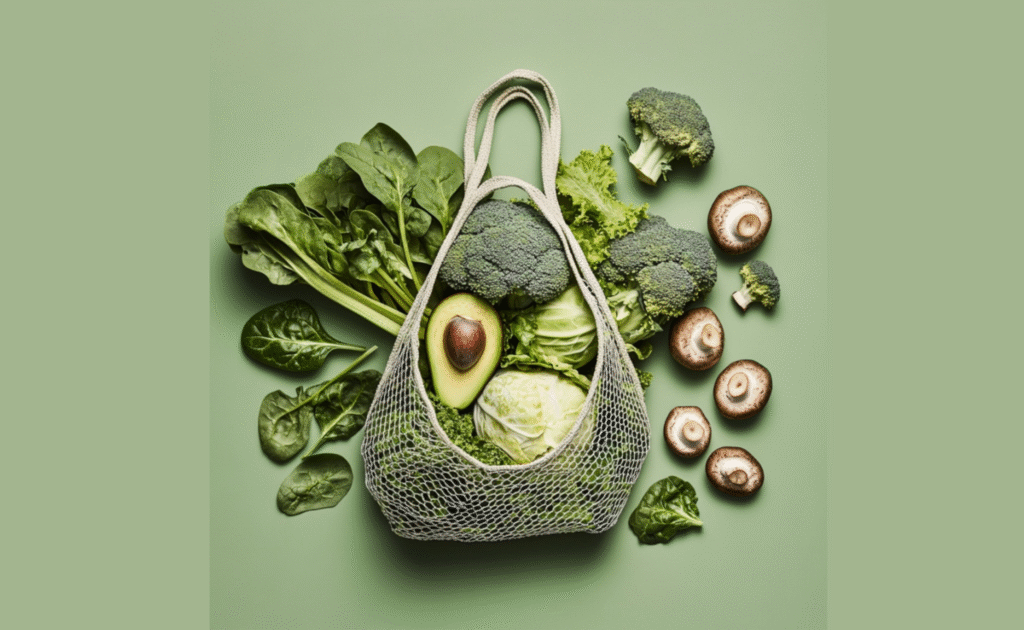
Remember: A holistic lifestyle combined with supplementation is the optimal combo for boosting NAD⁺.
Key Takeaways
- Some whole foods contain small amounts of NMN (like edamame, broccoli, and avocado).
- Typical NMN intake from diet is extremely low, far below what studies use for benefits.
- Reaching research-backed NMN levels through food is practically impossible.
- Supplements offer measured, bioavailable NMN at doses studied in human trials.
- Combining NMN-rich foods with healthy lifestyle habits can still support NAD⁺ naturally.
Conclusion
While it’s inspiring to think we can get everything we need from food, the reality is clear. NMN naturally occurs in some foods, but in amounts far too low to support optimal NAD⁺ levels.
If you’re truly serious about anti-aging, cellular vitality, and increasing energy, NMN supplements offer a reliable, science-backed solution to meet your goals.
You can buy our supplements to start your NAD⁺ journey today. Formulated for maximum absorption, clinically studied dosing, and purity you can trust.
Let your body thrive and fuel it with what science says works.
FAQ
Can I rely solely on diet to get NMN naturally?
No. Foods contain only trace amounts of NMN, far below the levels used in clinical studies. Supplements are necessary to reach beneficial doses.
Which foods have the highest NMN content per 100 g?
Edamame, avocado, broccoli, cabbage, and mushrooms contain the most NMN, ranging from 0.3 to 1.9 mg per 100g.
What is the recommended NMN supplement dose according to research?
Most studies use 250–1,200 mg per day, depending on the intended health benefit such as energy, metabolism, or longevity.
Is it safe to take NMN supplements?
Yes. Short-term use is well tolerated according to current studies. Long-term effects are still under review. Consult a doctor before beginning supplementation.
